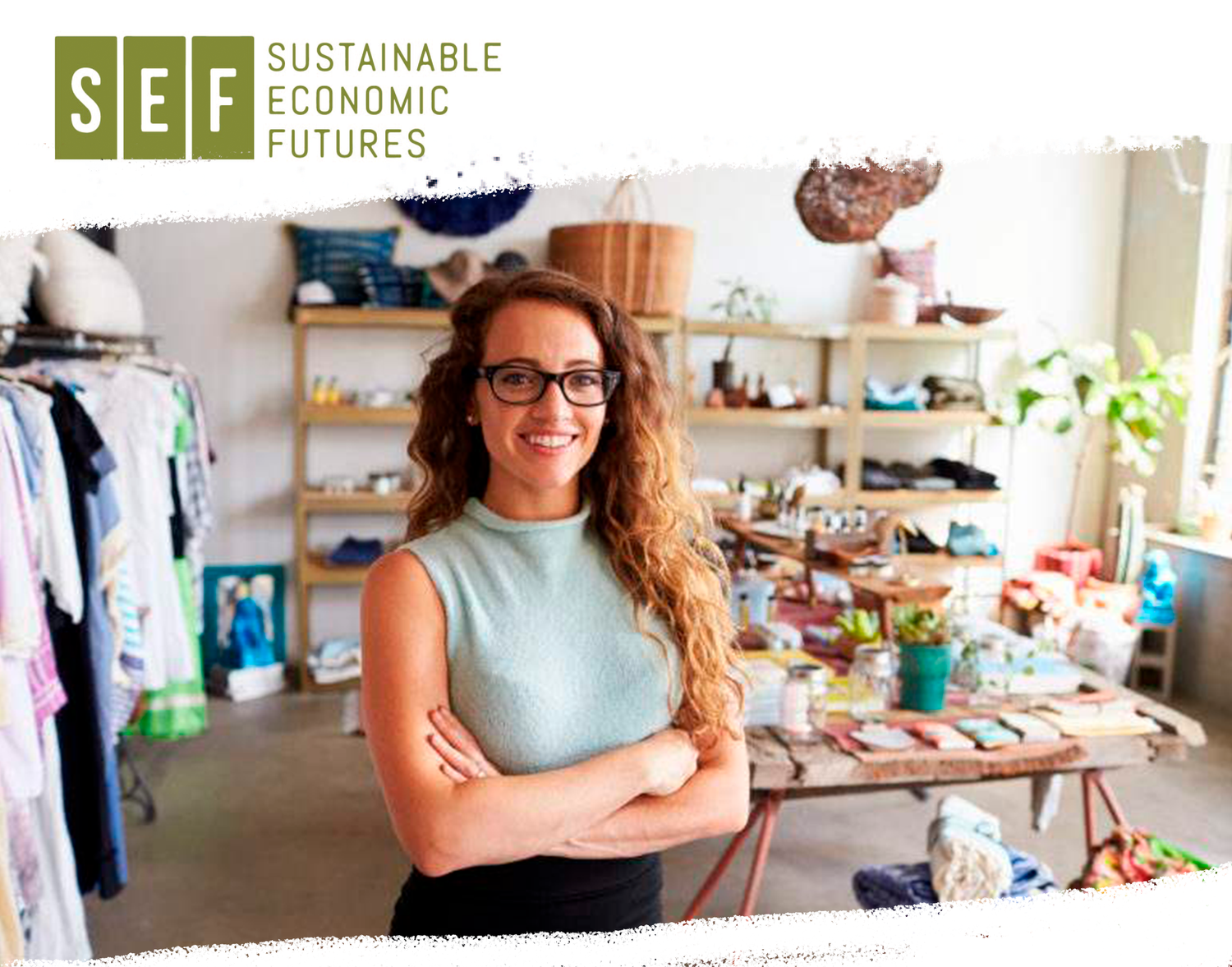We are all facing great uncertainty and new challenges post-COVID-19, especially small businesses within the communities they operate within. It’s going to take a community effort to ensure survival.
In a recent report, the Ontario Chamber of Commerce mapped out some of the challenges: “Looking ahead, entrepreneurship will be fundamental to Ontario’s economic recovery and it will require access to the right forms of capital.”
At SEF we believe its human capital first.
“This is where you need a different kind of vision,” says Suzette McFaul of Founder and President of SEF Canada, which has been working with communities around the world to avoid the boom-bust cycle resource development often brings. “Our objective is to lay the foundation for long-term economic stability of rural communities through the development and nurturing of sustainable small and medium sized businesses. Historically, economic development strategies have focused more on the infrastructure required by business than the identification and support of potential entrepreneurs. “
Her experience goes beyond mining and other resource sectors and has been deployed here in Canada, notably in Hastings County east of Toronto, Ontario.
Rural development programs are usually top-down from the local or regional authorities, regional development agencies, and/or national governments, she says.
“Local populations can support different forms of development,” she says. “The kind of program we build with the community can improve rural lives with participation of the original rural people themselves. It allows them to participate in their sustainable rural development without a loss of identity and leverage the incoming investments of new residents for long term sustainability.”
HER PLATFORM, ENTREPRENEURIAL DEVELOPMENT, IS A COMMUNITY DEVELOPMENT MODEL SIMILAR TO RURAL BARN RAISINGS.
It’s where rural communities come together to build a barn for another community member and because it’s not siloed, the collaborative energy is much more effective.
“We use community assets, such as local business owners and professionals, and, by applying sound business practices, a Facilitator - which SEF provides trains- assists people in the support and growth of their businesses,” McFaul adds.
Entrepreneurial Development supports the passion and ideas of local entrepreneurs wanting to start a viable business. Entrepreneurial Development facilitators understand the process and know entrepreneurs require precise guidance, and support to meet challenges and issues head on, from start-up through business growth.
“In the end, Entrepreneurial Development contributes to a diversity of good economic opportunities for all citizens,” says McFaul.
Andrew Redden, is the Economic & Tourism Development Manager in Hastings County In eastern Ontario and has seen the results first hand.
He suggests rural communities hire an “Enterprise Facilitator” to fill the vacant storefronts on Main Street, put industry in the industrial parks and assist the struggling or new entrepreneur by providing confidential, free and competent consultation service.
“The Facilitator is designated to provide this free service when otherwise a municipal economic development officer (EDO) may not have the excessive time necessary to dedicate to every entrepreneur,” he says.
As the program for leader Hastings County he has dealt with 40,000 residents Lake St. Peter to Deseronto, handling 1,722 inquires for direct assistance, opening 22 businesses, helping 317 other businesses expand and creating 334 jobs since 2010.
“These stats are impressive and really every county in Ontario should at least try to do the same,”says McFaul.
Written by Ian Harvey
May 03 2022
